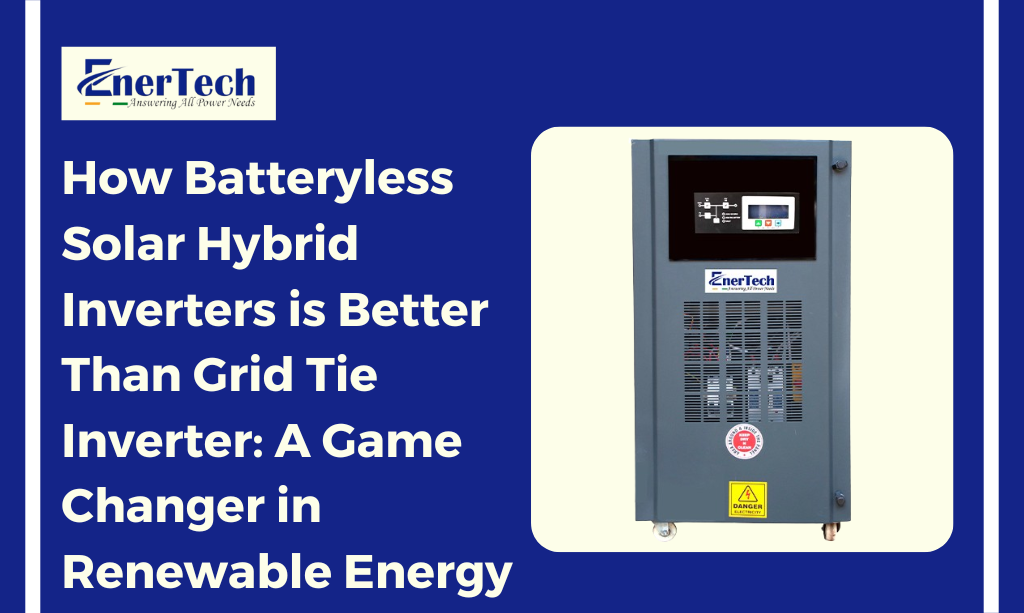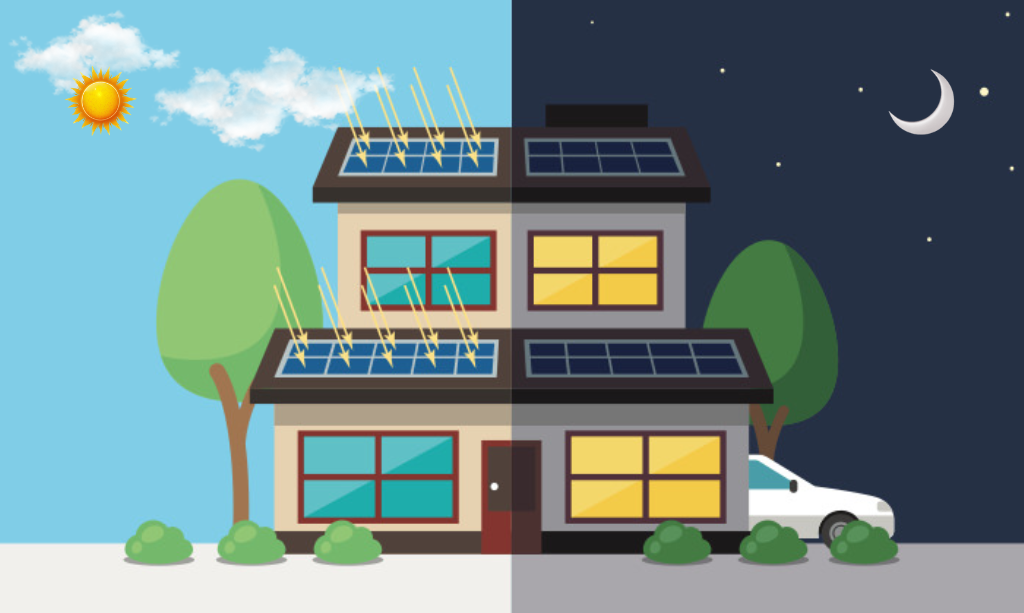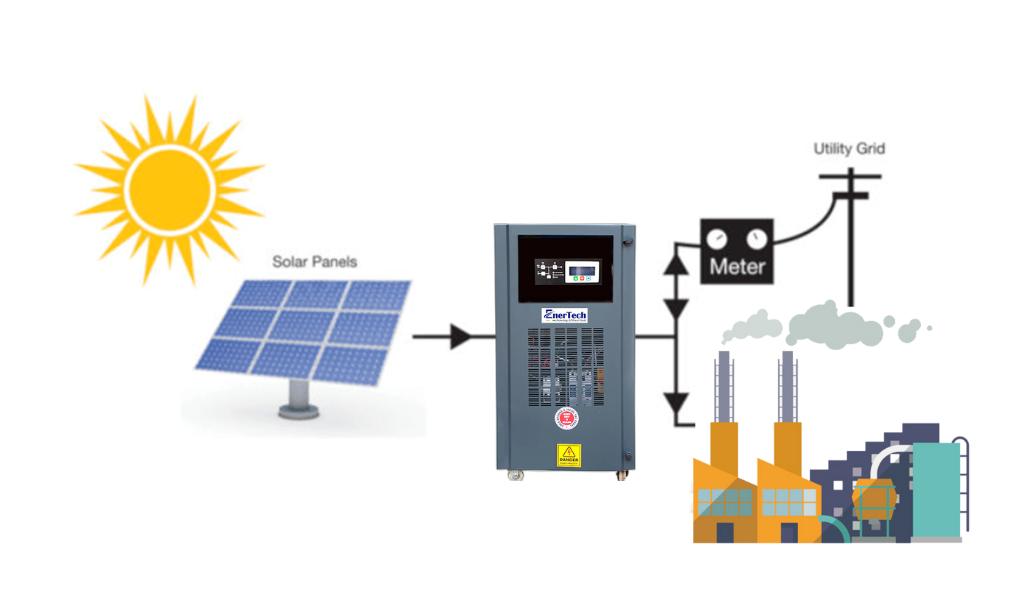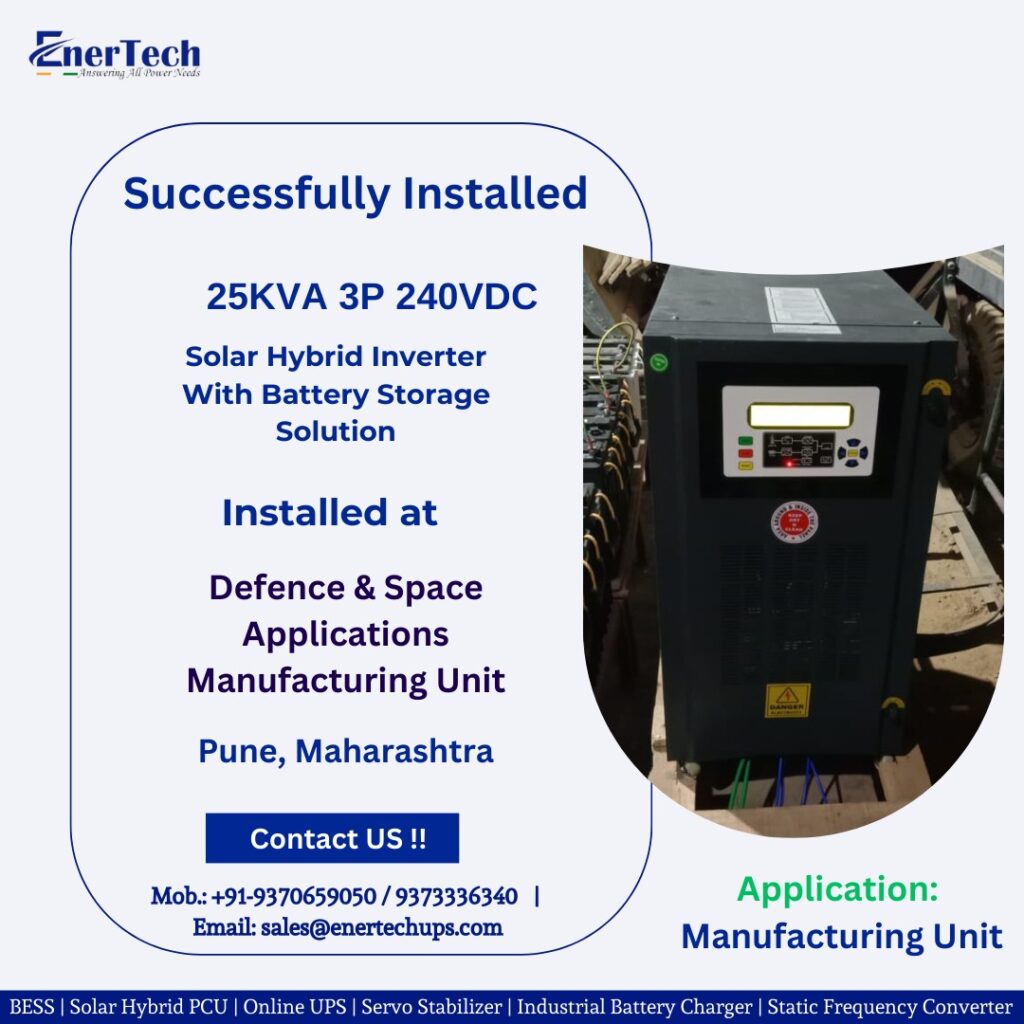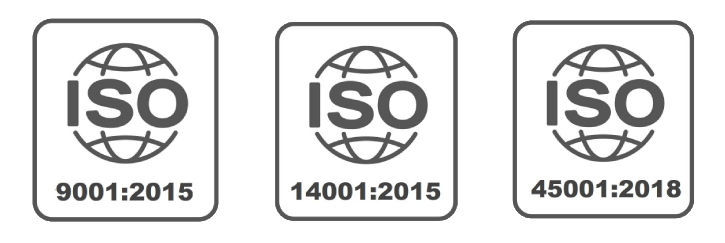In the realm of renewable energy, the choice between different types of inverters plays a significant role in optimizing efficiency, reliability, and sustainability. Among the myriad options available, two popular choices stand out: the batteryless solar hybrid inverter and the hybrid grid-tie inverter. While both serve the common purpose of converting DC power from solar panels into usable AC power, the batteryless solar inverter shines as a beacon of innovation and sustainability.
During power outages, batteryless solar hybrid inverters become immensely popular due to their unique functionality, even when operating as on-grid inverters. Here’s why they stand out:
1. Uninterrupted Power Supply:
Batteryless solar hybrid inverters are designed to seamlessly transition between grid-connected mode and standalone mode during power outages. While traditional grid-tie inverters shut down when the grid goes down for safety reasons, hybrid inverters continue to generate power from the solar panels, providing electricity to critical loads in the absence of grid power. This uninterrupted power supply is invaluable, especially in regions prone to frequent blackouts or in emergency situations.
2. Energy Resilience:
The ability of batteryless solar inverter to function during power outages enhances energy resilience for homeowners and businesses. By tapping into solar energy resources even when the grid is down, users can maintain essential electrical appliances and equipment, ensuring continuity of operations and comfort during emergencies. This resilience is particularly beneficial in areas susceptible to extreme weather events or infrastructure failures.
3. Enhanced Self-Consumption:
During normal grid-connected operation, batteryless solar hybrid inverters prioritize self-consumption of solar energy generated on-site before exporting excess power to the grid. This self-consumption model not only reduces dependence on external electricity sources but also optimizes energy utilization and cost savings for users. During power outages, this self-consumption feature remains intact, allowing users to maximize the use of solar energy without relying on battery storage.
4. Grid Support Functions:
Batteryless solar inverter often incorporate grid support functions such as voltage regulation and frequency control, even when operating in on-grid mode. These capabilities contribute to grid stability and reliability by helping to maintain proper voltage levels and frequency synchronization. During power outages, hybrid inverters can continue to provide these grid support functions within the local microgrid, further enhancing the resilience and stability of the electrical system.
5. Increased Peace of Mind:
The reliability and versatility of batteryless solar hybrid inverters offer users increased peace of mind, knowing that their energy system can adapt and continue operating effectively during unexpected power disruptions. Whether it’s a brief outage or an extended blackout, the assurance of having a reliable power source from solar energy instills confidence and reduces the stress associated with utility interruptions.
The popularity of batteryless solar inverter during power outages stems from their ability to provide uninterrupted power supply, enhance energy resilience, maximize self-consumption of solar energy, perform grid support functions, and offer increased peace of mind to users. As the demand for reliable and sustainable energy solutions continues to grow, hybrid inverters stand out as a reliable and versatile choice for both residential and commercial applications, especially in regions prone to grid instability or frequent blackouts.
Read More: Why is a Battery-Less Solar Hybrid Inverter Popular on the Market?
Easily Upgrade with Battery Energy Storage System in Future:
In the realm of renewable energy, the future holds promising advancements for batteryless solar hybrid inverters, including the ability to upgrade systems without incurring additional costs. Here’s why this feature could revolutionize the way we harness solar power:
1. Modular Design:
Future batteryless solar inverter are likely to adopt a modular design, allowing for easy upgrades and expansions without the need for costly replacements.
2. Compatibility Batteryless Solar Inverter with Energy Storage System:
Batteryless solar hybrid inverters of the future will be designed to be compatible with emerging energy storage technologies, such as any kind of battery bank.
In conclusion, the future of batteryless solar inverter holds immense potential for seamless upgrades and expansions without incurring extra costs. By embracing modular design principles, software-driven enhancements, compatibility with emerging technologies, scalable energy management systems, and comprehensive manufacturer support, these inverters will empower users to adapt their solar installations to meet evolving energy needs and technological advancements.
As the renewable energy landscape continues to evolve, batteryless solar hybrid inverters will remain at the forefront of innovation, driving the transition towards a more sustainable and resilient energy future.



